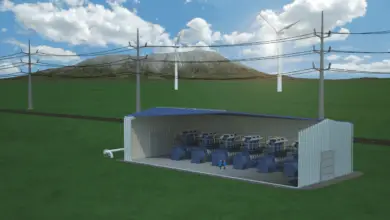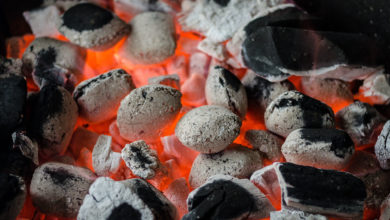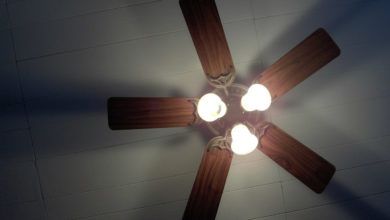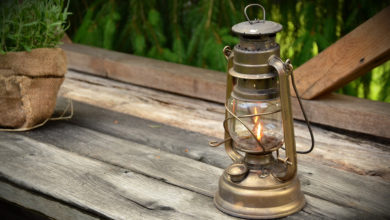Fans can feel like a godsend during the hot summer days and can even find some uses in the winter when used in reverse and together with your heating system. How much energy does a fan use, however? Is it a good idea to leave your fan running during the night or are you going to be surprised by your electricity bill next month?
The answer here depends on a lot of factors as fans can vary quite a bit in their type and power consumption. How much electricity does a ceiling fan use and how much electricity does a box fan use, for example, are two different questions. Still, the quick and easy answer is “Not much, really.” As long as we’re talking strictly about residential-use fans, most of the models you’d use will barely make a dent in your electricity bill.
The slightly longer answer is that you can easily check the wattage of your particular fan on its manual – every fan should have it specified and explained clearly.
So, without getting into too many specifics and without bothering to compare too many different fans, a rough estimation is that most residential ceiling or box fans would cost between 5 and 14 cents for 12 hours of constant running. The variation is due to the fact that most household fans have a wattage of anywhere between 25 and 75 watts. So, even with a powerful and not-so-energy-efficient fan, your weekly monetary cost for leaving it on for 12 hours per day won’t go too much above a dollar.
Still, if you want to calculate exactly how much it costs to leave your fan running, here’s a simple formula you can use:
- Multiply X watts by X hours of use = A
- Multiply A by your electricity rate per kilowatt-hour = B
- Divide B by 1,000
The average electricity rate for the U.S. is ~$0.13 per kilowatt-hour at the moment but it can vary from state to state. In some states, like Arkansas, it’s just $0.09 while in states like Alaska it’s about $0.22.
In short – there’s little reason to be wary of your electricity bill when you’re using something as simple as a box fan or a ceiling fan. This doesn’t mean leaving it on when you’re out but as long as you are there and you need it, your fan can help you quite efficiently.





